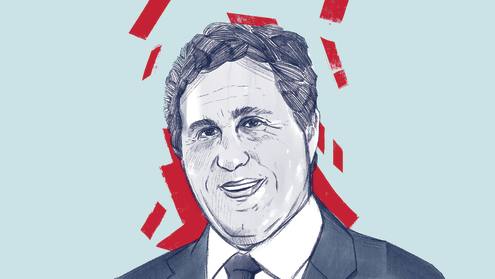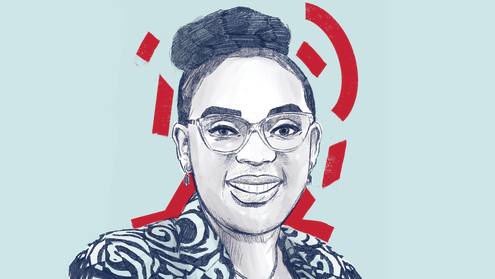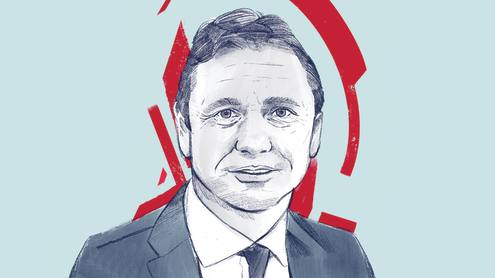For a significant period of time, Lebanon has been living well beyond its means, with a perpetual governmental yearly fiscal deficit. Lebanon’s public debt, about 160% of the country’s gross domestic product (GDP), has been spiralling out of control, in large part due to endemic corruption.
At the political level, persistent bickering and partisanship has led to a state of institutional paralysis, particularly as it pertains to electing public servants, forming a government and enacting new laws and regulations. At the international level, the Arab-Israeli conflict, compounded by poor US-Iran relations, has perpetuated a negative geopolitical climate and country risk factor with far-reaching negative repercussions on economic prosperity and growth.
To make matters worse, Lebanon has been experiencing a recurring balance of payments deficit with the rest of the world. The foreign reserves of the central bank have been dwindling rapidly, compromising its ability to maintain a pegged Lebanese pound-to-dollar currency policy. The economy is experiencing high inflation and a deep recession, with numerous business closures, salary reductions and lay-offs. The banking sector is on the verge of collapse, a situation that has forced banks to adopt stringent measures related to the withdrawal of foreign currencies from current accounts, including the international transfer of money.
Eurobond woe
For the first time in its history, the Lebanese government is unable to honour its Eurobond debts that reach maturity in the 2020s without indulging in some form of debt restructuring. An emergency plan is urgently needed to minimise the pain caused by the economic woes and to restore a minimum level of public confidence. Any procrastination is eminently dangerous because, in this context, the time factor is public enemy number one.
The first priority of the government is to secure a massive cash injection to deal with the scarcity of US dollars in the marketplace. Some pundits suggest that at least $20bn-worth of fresh capital is needed to shore up bank recapitalisation, boost central bank net reserves in foreign currencies, fund the immediate government budgetary needs, and finance badly needed social spending. International Monetary Fund (IMF) officials have been solicited by the government to provide advice on how to manage Lebanon’s economic and liquidity problems. However, it is important to point out that the IMF would be reluctant to inject fresh money into the economy unless there is a credible roadmap supported by a robust and transparent governance system.
The next governmental priority is to revisit the pegged Lebanese exchange rate to the dollar. After all, the current pegged currency system artificially raises the value of the Lebanese pound against the dollar, a situation that hurts export-oriented sectors of the economy. In addition, a pegged currency overburdens the function of the central bank and limits its ability to fine-tune interest rates. It is, however, noteworthy that a sudden and abrupt discontinuity of the pegged policy would be ill-advised. It would generate hyperinflation, meaning a spiralling increase in prices, akin to what has been occurring in Venezuela during the past few years. Accordingly, some form of soft landing may be needed to gradually unpeg the Lebanese pound from the dollar.
The third priority of the government is to set a ceiling on public debt. Lebanon cannot support a debt load that exceeds 160% of GDP. This ratio should decrease significantly to hover around the 60% to 70% mark at most. From an expenditure perspective, public spending in governmental institutions should be curtailed dramatically because it is not only eminently inefficient, it is also highly vulnerable to corruption. From a revenue perspective, the reinvigoration of the economy requires less emphasis on the inefficient and bureaucratic public sector and more emphasis on the productive and competitive private sector.
Clear vision needed
Ultimately, a long-term viable recovery plan should be based on a clear economic vision. Specifically, does the government want to maintain the predominantly laissez-faire economy that has made Lebanon the Switzerland of the Middle East since the birth of the country or, alternatively, does the government want to transition to a more controlled and regulated market economy?
Before the government acts hastily, it should first stop, reflect and devise a coherent and well-articulated long-term strategic plan that is congruent with the intended long-term economic vision for the country. Equally important, a long-term solution requires a profound transformation of the political landscape. It is after all the prevailing inept and corrupt (if not outright rotten) political system that has led Lebanon to its current economic impasse.
Karim S Rebeiz is the dean of the college of business at Phoenicia University in Lebanon.












